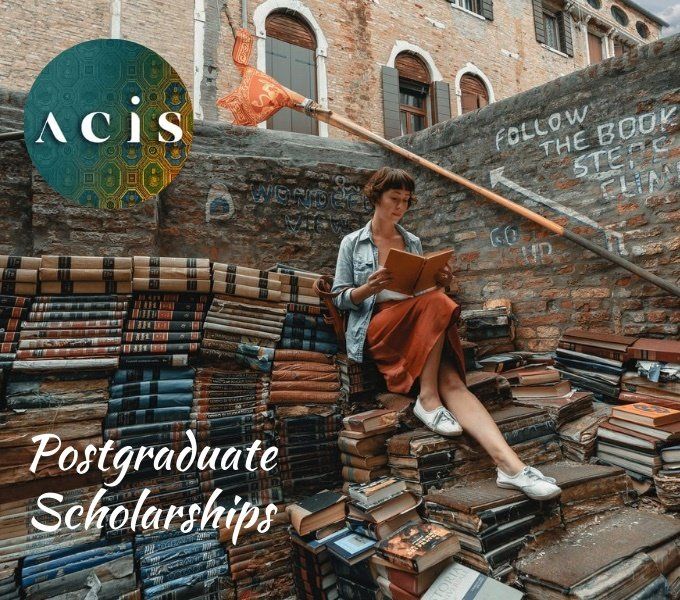Fieldwork in Italy Survival Kit
Catherine Williams La Trobe University
Having recently returned from a four-month research trip to Italy, I’ve been reflecting on my experiences in the hope that my own mistakes might save other researchers who, like me, are just starting out, both time and frustration:
- Though it’s advisable to plan the trip as much as possible before you leave, don’t be surprised or disheartened if things don’t go to plan; I found that the reality ‘on the ground’ in Italy could not really have been planned for, and trying to stick too rigidly to a research plan can be counter-productive;
- Get a letter of presentation from your university or research institution before leaving: the more official it looks (or as Brigid Maher wryly observed to me, the more stamps it has!), the more use it will be to you;
- Before you go, ask around your university networks for contacts. If you can go armed with even just one contact, it’s really beneficial: that contact can put you in touch with someone else, who happens to know someone else, and so on. In Italy, this system works much better than ‘cold-calling’!;
- If you’re heading to institutions or courts, don’t go without a form of photo ID;
- If you need to record interviews or conferences, and you have an iPod, your iPod may also have a voice-recording function that will save you having to buy a recorder: who knew?!
- to find this function, go to Extras , then Voice Memos
- If you’re using university libraries in the south of Italy, phone and check their opening hours before you turn up: many close earlier than you may be used to, loans desks are often closed during lunch time, and online hours-listings are not always reliable;
- If you plan to visit the Parliamentary Library in Rome, take your passport so that you can get a library card and don’t expect to arrive and find resources on the spot: lots of their resources are off-site so you need to go, request what you need, and return a few days later (and don’t wear shorts: while I was visiting someone else arrived in shorts and was turned away);
- If you’re borrowing books from Italian libraries, bear in mind that you’ll be lucky to be able to take more than two at a time. This might have some impact on how long you estimate your research will take. If you need articles/parts of books photocopied, a cartoleria is the right spot to get it done.
- If your research involves government institutions or law enforcement agencies, don’t be afraid to go directly to the top of the institution’s hierarchy. I was surprised to find that the higher-ranking people were the ones who responded to my emails and made themselves available to me.
Further reflections…
On interviewing research subjects:
When you’re using human research subjects, regardless of their professionalism it’s difficult to avoid them having human responses to you and your questions. Try to read them to understand where the boundary is that you shouldn’t cross if you don’t want to risk engendering hostility; if you have a risky question, save it for last! Otherwise, subjects’ responses to your remaining questions may be compromised and you risk damaging your rapport with them (which can have consequences for both the honesty of subjects’ responses and their generosity with their time). I was aware that one of my questions was borderline, and in the end only felt I was able to ask it (at the conclusion of the interview) of a small number of research subjects who demonstrated to me that they would be inclined to respond honestly.
On research relating to anti-mafia legislation in Italy:
As a very preliminary observation specific to my own field, it would appear that generalizing results about the consequences of anti-mafia legislative initiatives from a specific mafia association of Italian origin to mafia associations of Italian origin generally, is problematic – not only because of the differences between the mafias, but also because of the differences in prosecutorial approaches to managing the tools provided by the Italian Parliament to combat organized crime.
*All of the foregoing was based entirely on my own personal experience and may not be applicable in all cases. Please add your own tips to this list!
Share this:
- Share on Tumblr
- </div></li><li class="share-end"/><li class="share-reddit"><div class="reddit_button"><iframe src="https://www.reddit.com/static/button/button1.html?newwindow=true&width=120&url=https%3A%2F%2Facis.org.au%2F2013%2F01%2F24%2Ffieldwork-in-italy-survival-kit%2F&title=Fieldwork%20in%20Italy%20Survival%20Kit" height="22" width="120" scrolling="no" frameborder="0"/></div></li><li class="share-end"/></ul></div></div></div></div></div> <div id="jp-relatedposts" class="jp-relatedposts"> <h3 class="jp-relatedposts-headline"><em>Related</em></h3> </div></div> </div>








